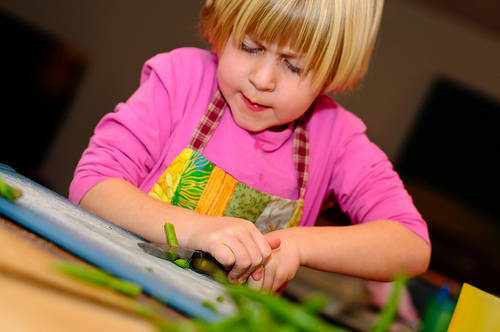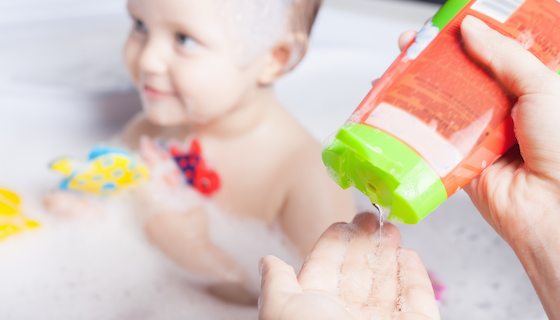Is your child confident?
Despite what many parents would like to believe, self-confidence is predominantly a learned skill as opposed to an inherited trait.
As such, your job is to guide your kiddos in developing and honing this all-important life skill, and it’s really never too early to start raising a confident kid.
From the time your child is just a baby, you can begin to provide support and encouragement that can help form the foundation of confidence. Child development experts agree that there’s a critical period between ages one and eight in which the blueprint for a child’s self-esteem is formed. Therefore, those early years should not be overlooked. Such milestones as your baby turning the page of her board book, your toddler brushing his own teeth, your preschooler tying her own shoes or making her bed all present opportunities to acknowledge your child’s achievement and encourage him to tackle another challenge, which only helps build confidence.
There’s a distinction to note here. For a child, the skill of self-confidence develops via actual achievement, not by being told she is great. Encouragement needs to be conveyed in abundance, but praise means more when it’s linked to an actual accomplishment. Also, it’s a common mistake to praise your child only for what they do (i.e.: make the soccer team, read a book, etc.). Instead, make sure to praise your child for who she is in any given moment. This helps children develop a strong sense of self that’s able to handle whatever life throws at them.
Here are some ideas for how to create an atmosphere that cultivates confidence:
- Give your child lots of opportunity to practice. If you do everything for your child she’ll never have the chance to try new things and gain the trust in her own abilities.
- Give your child space to try something without trying to intervene—it’s OK if he makes mistakes, it’s OK if he makes a mess, it’s certainly OK if it’s not perfect! By standing on the sidelines, you send a strong message that you trust in his ability.
- Don’t let your child give up too easily. Encourage persistence when your child gets frustrated—by trying again, kids learn a valuable lesson that obstacles can be overcome.
- Model confidence yourself. Children are sponges, which means they are taking in how you behave. If you have to work to develop your own self-confidence skills, there’s no better time than the present, as your child will only benefit from witnessing these positive traits in you.
Remember, while it’s tempting to want your child to be immediately anchored in the world with a feeling of confidence, patience on your part is critical to the equation. This is one skill that requires time, concerted effort—and above all, mindfulness.
Board Certified Health Coach and Food Toxin Specialist
Resources
Growing Happy Kids — http://www.growinghappykids.com/
Parents Do Make a Difference: How to Raise Kids with Solid Character, Strong Minds, and Caring Hearts by Michele Borba Ed.D
“mini chopper,” © 2010 mamaloco, used under a Creative Commons Attribution-NoDerivs license
 Login
Login









